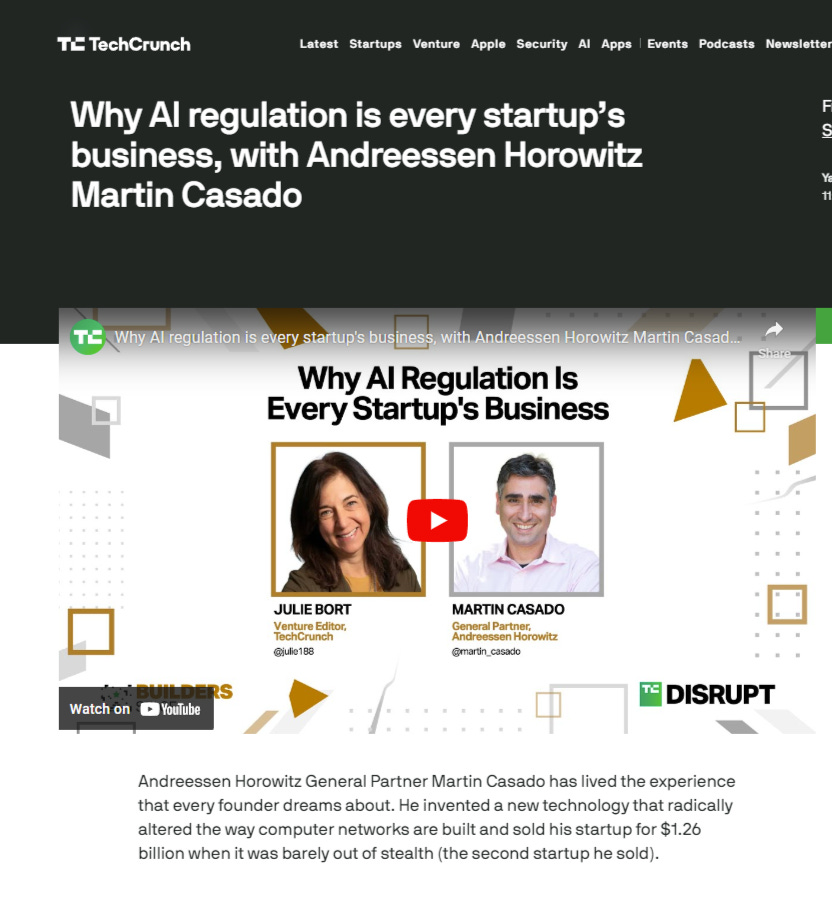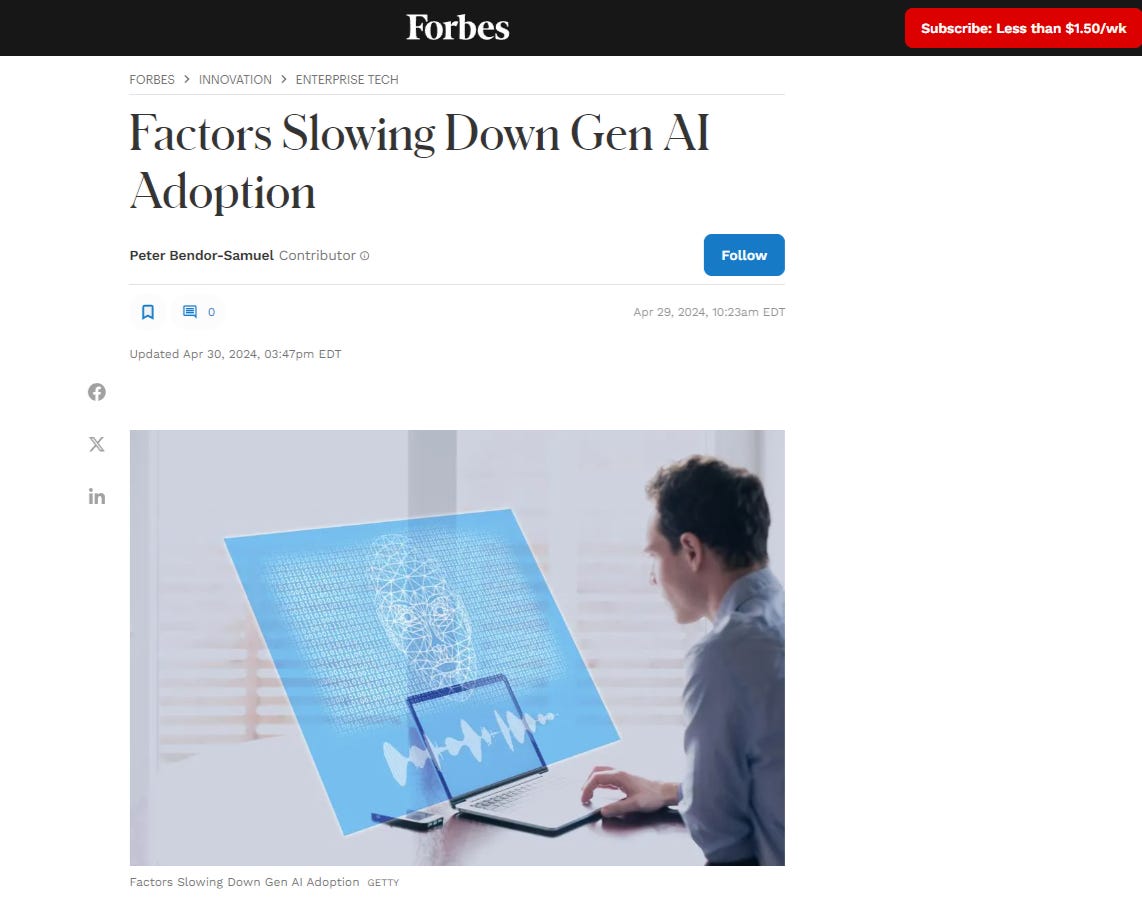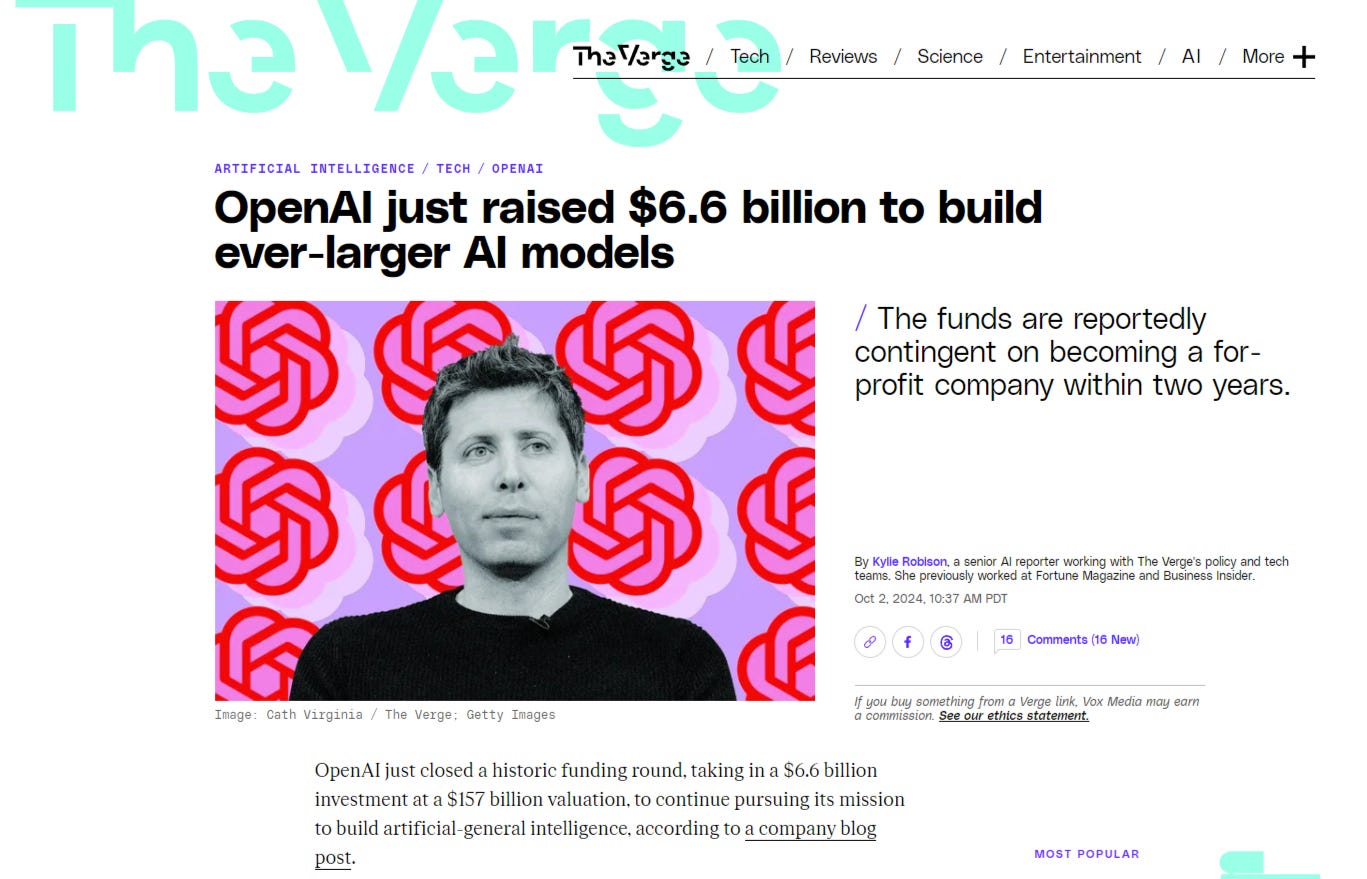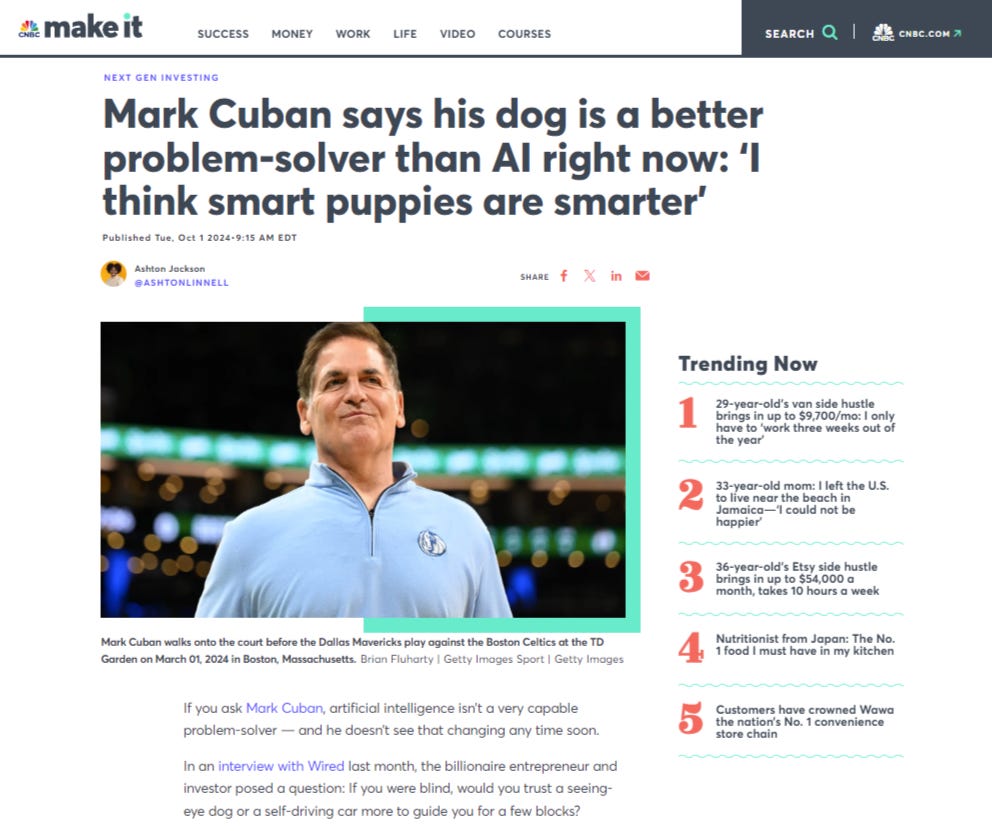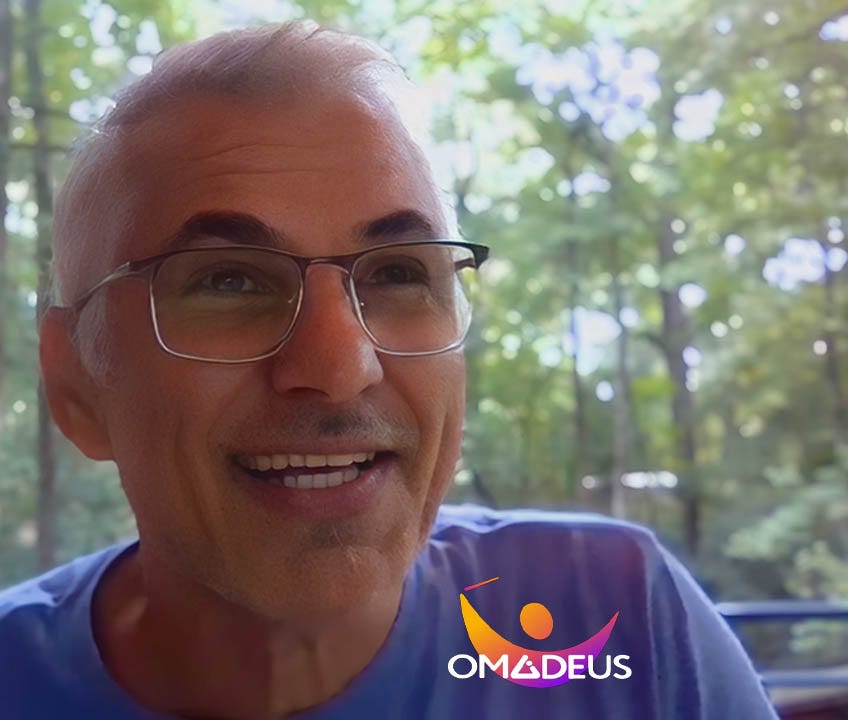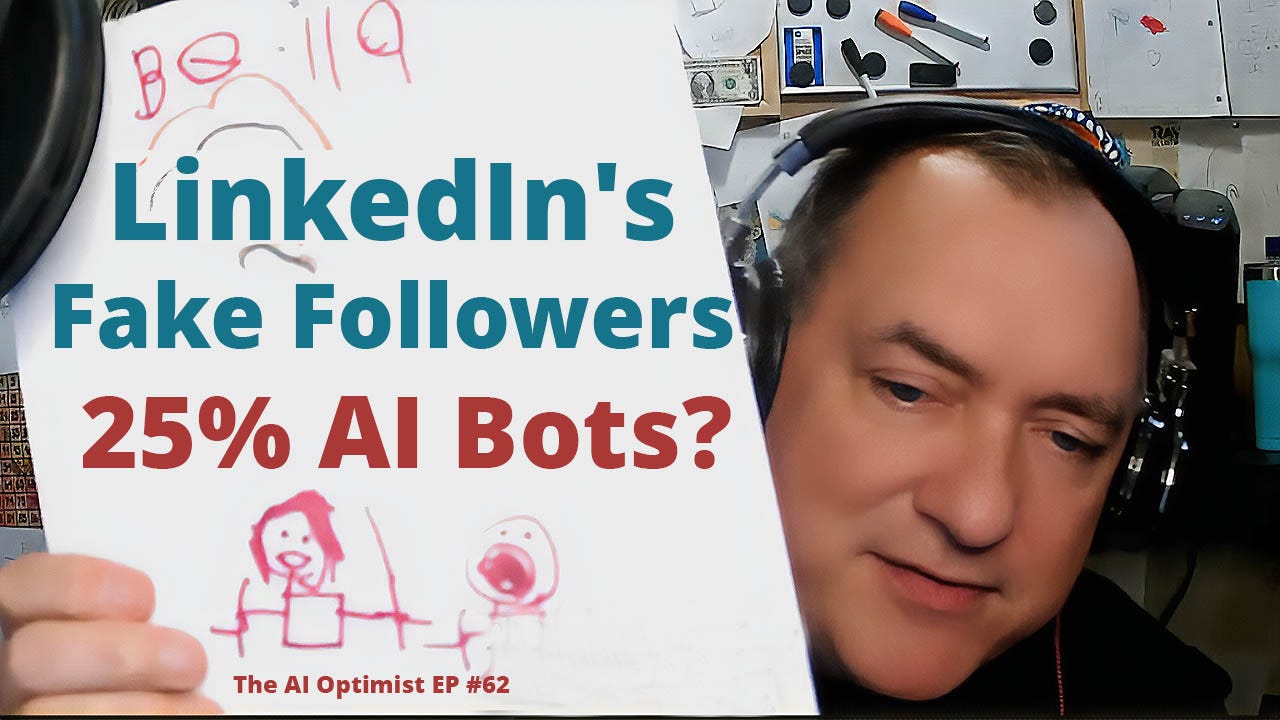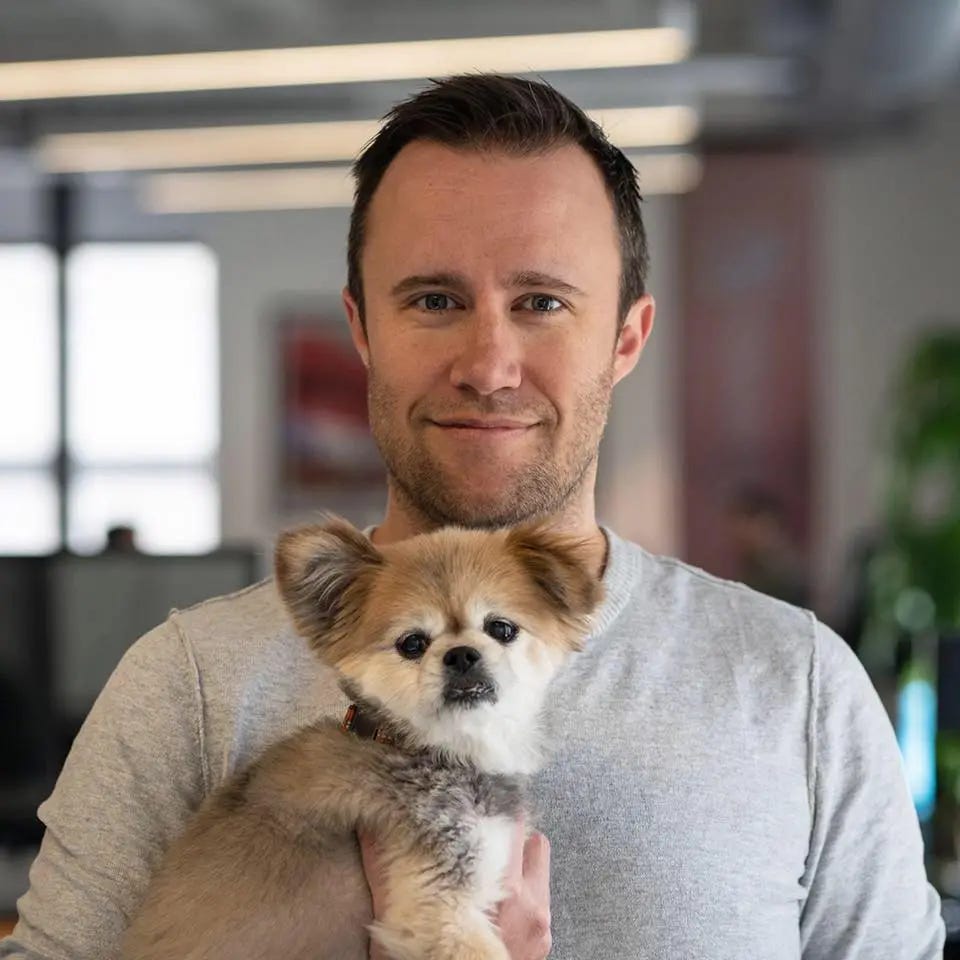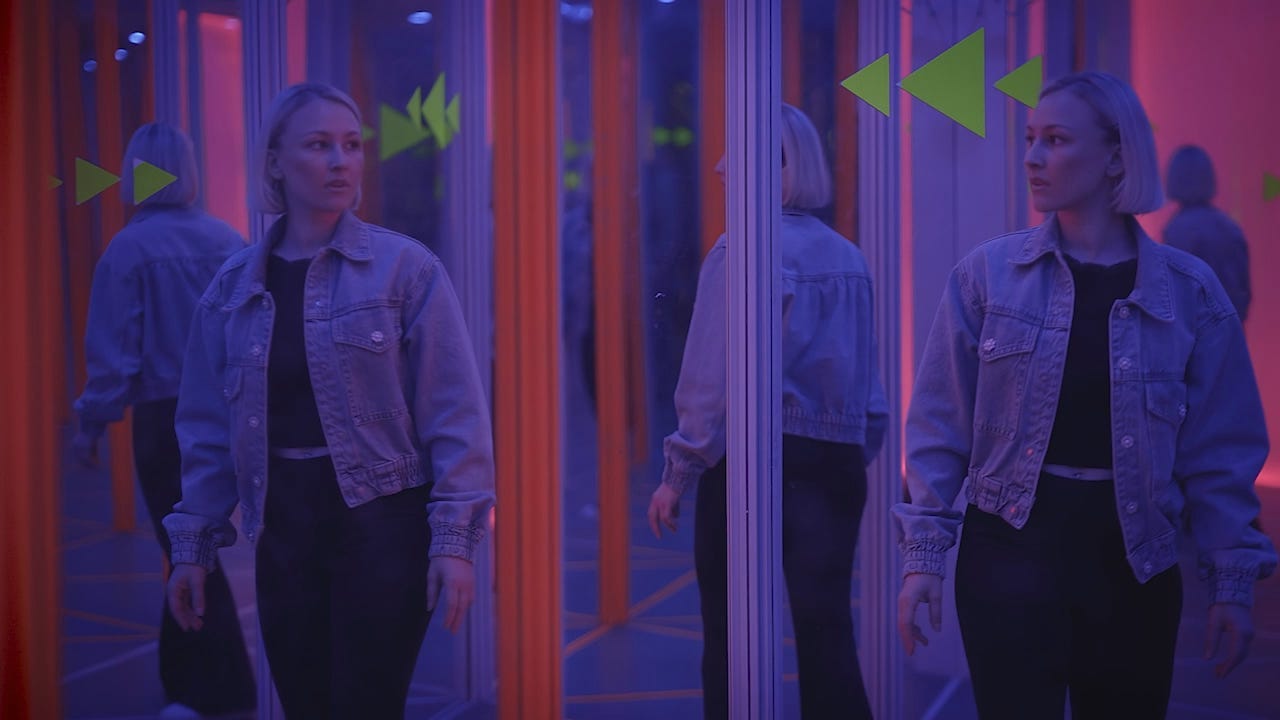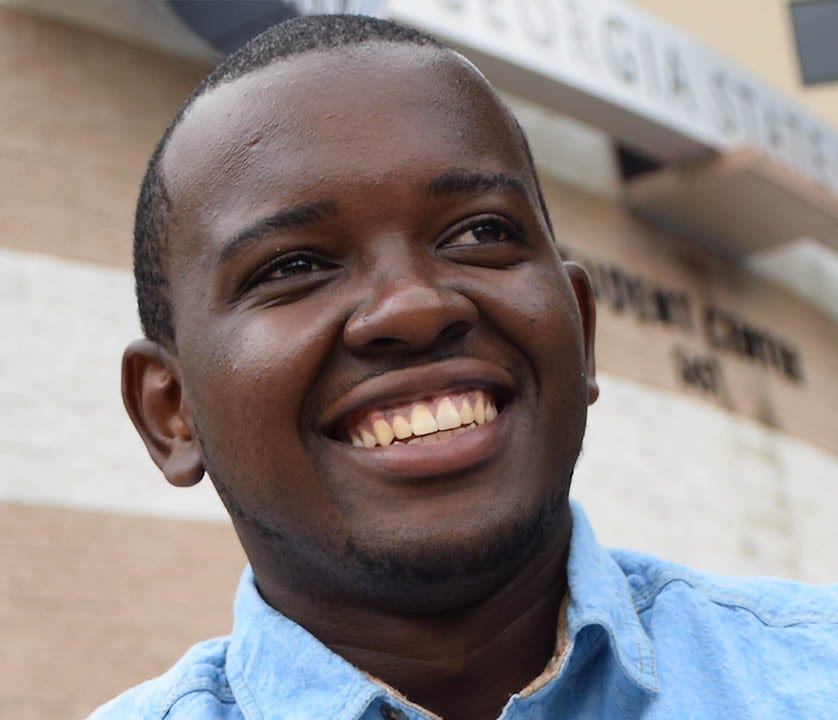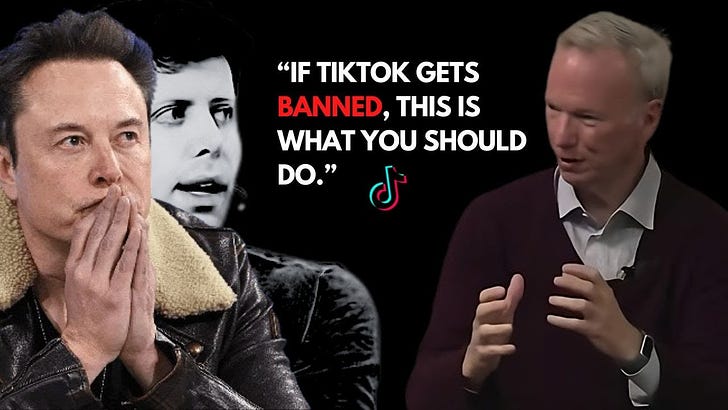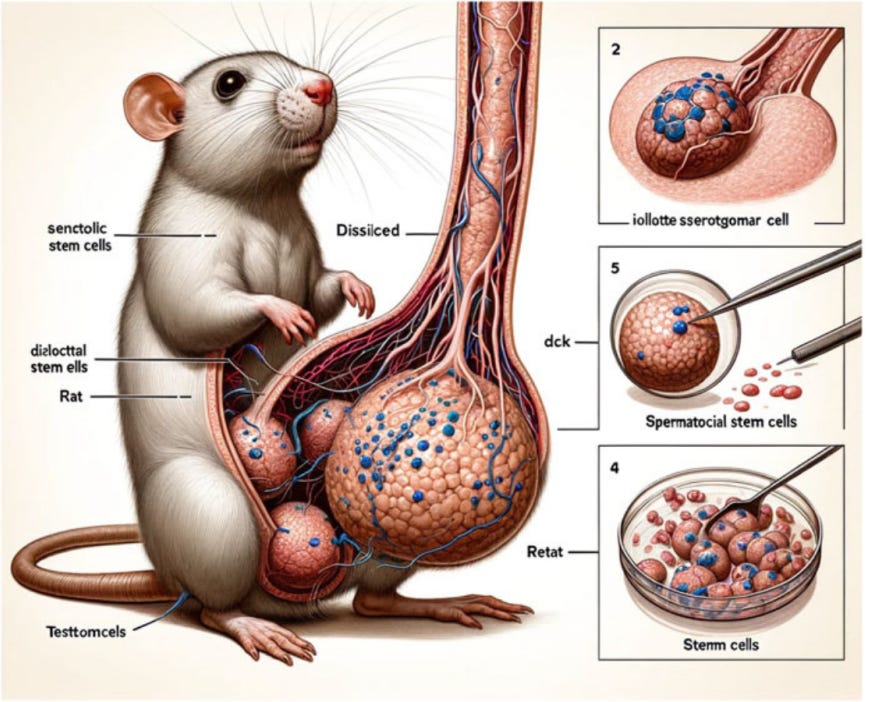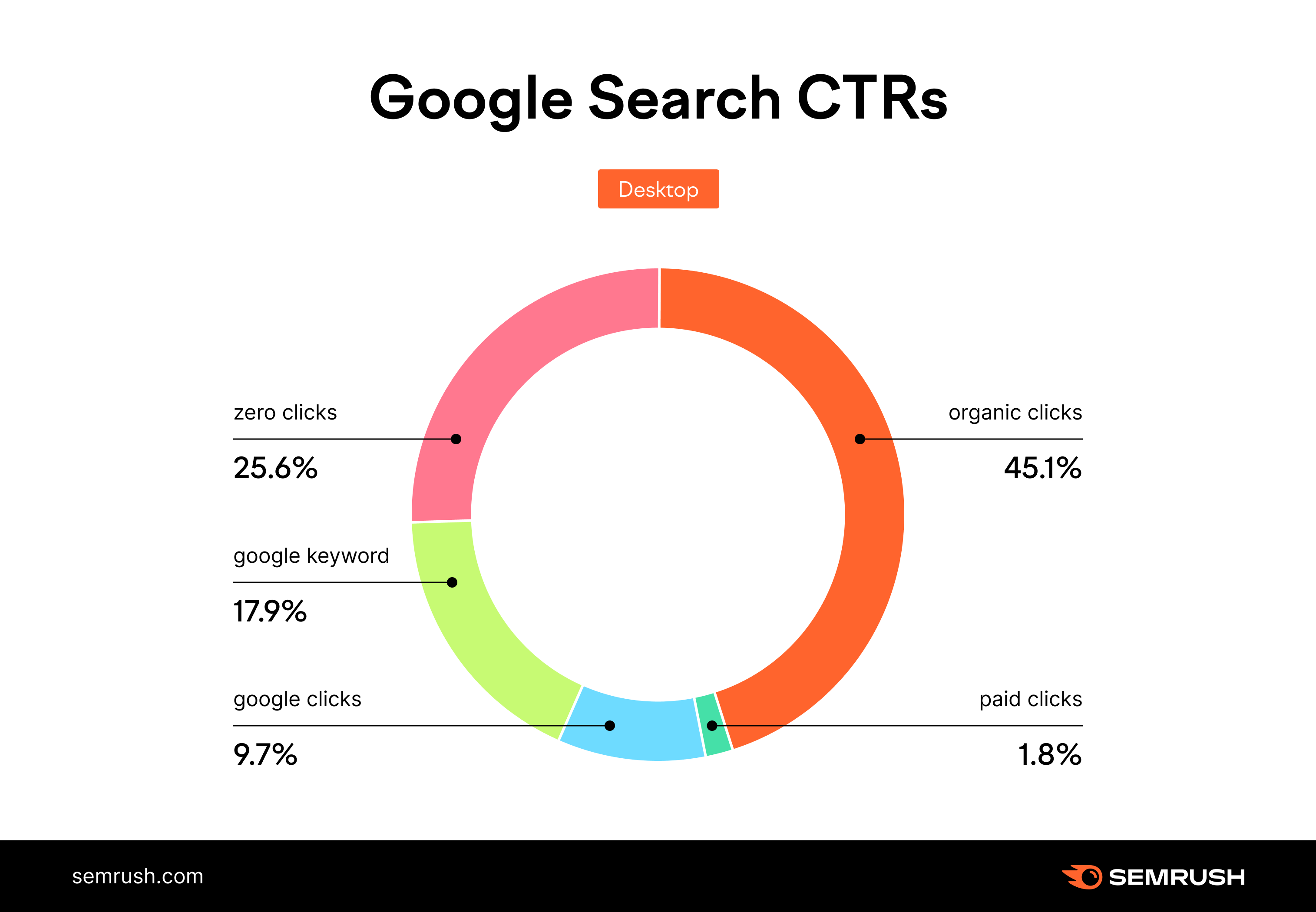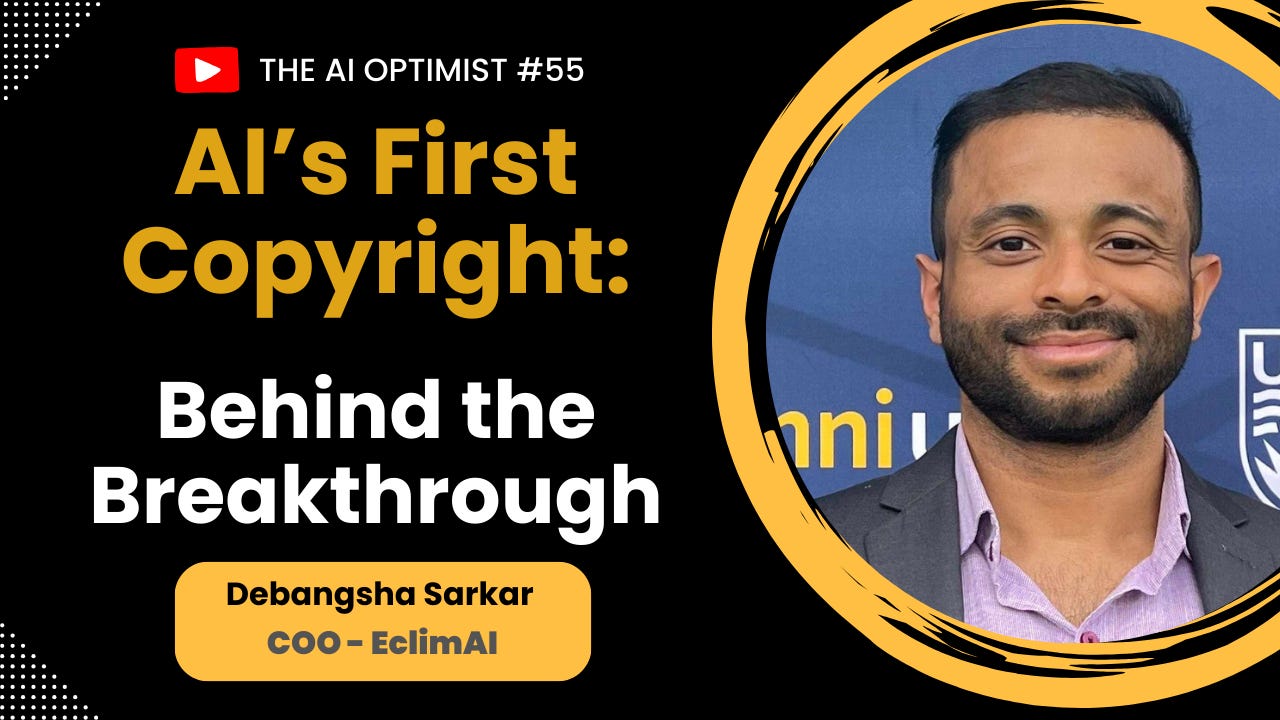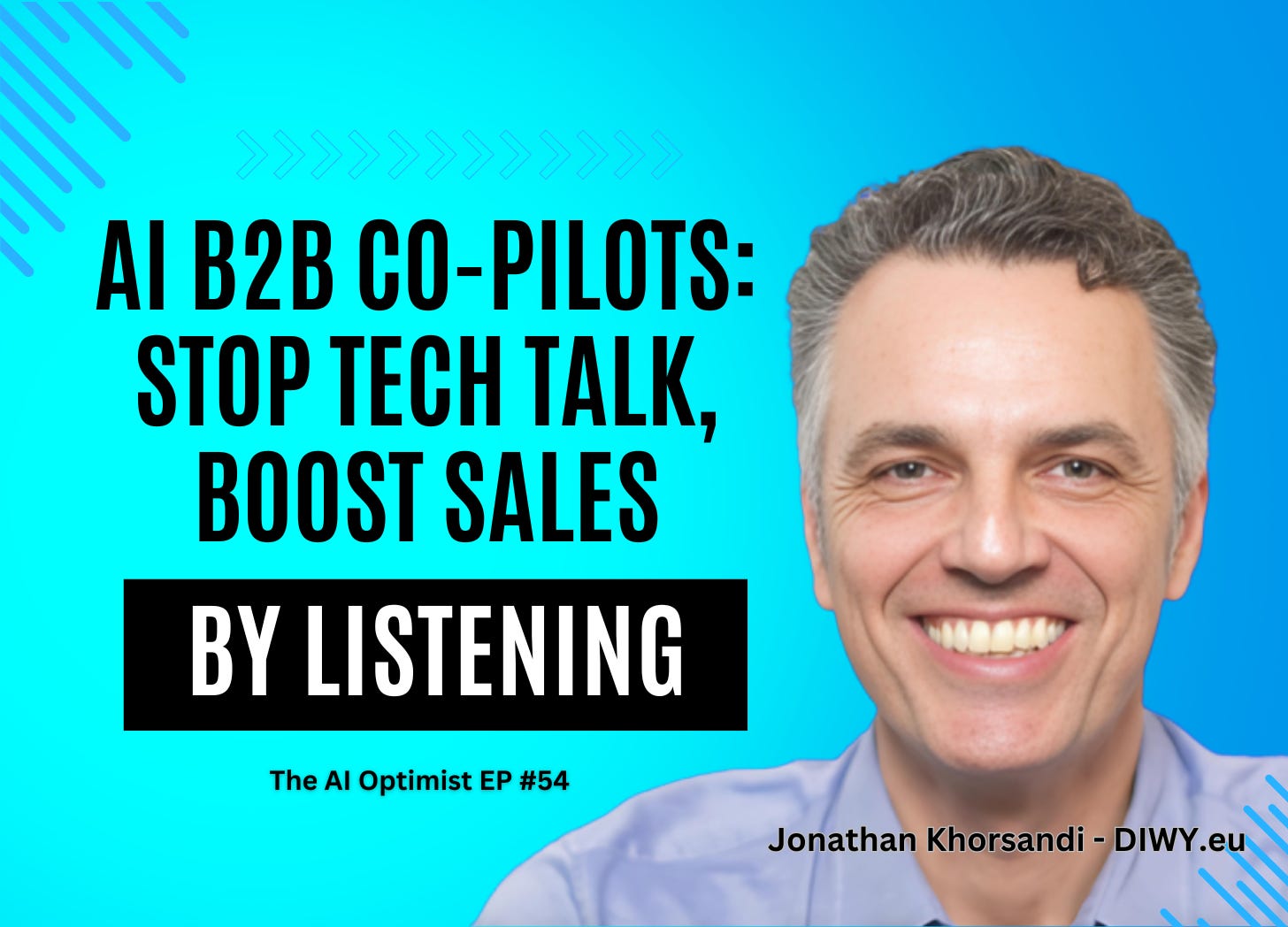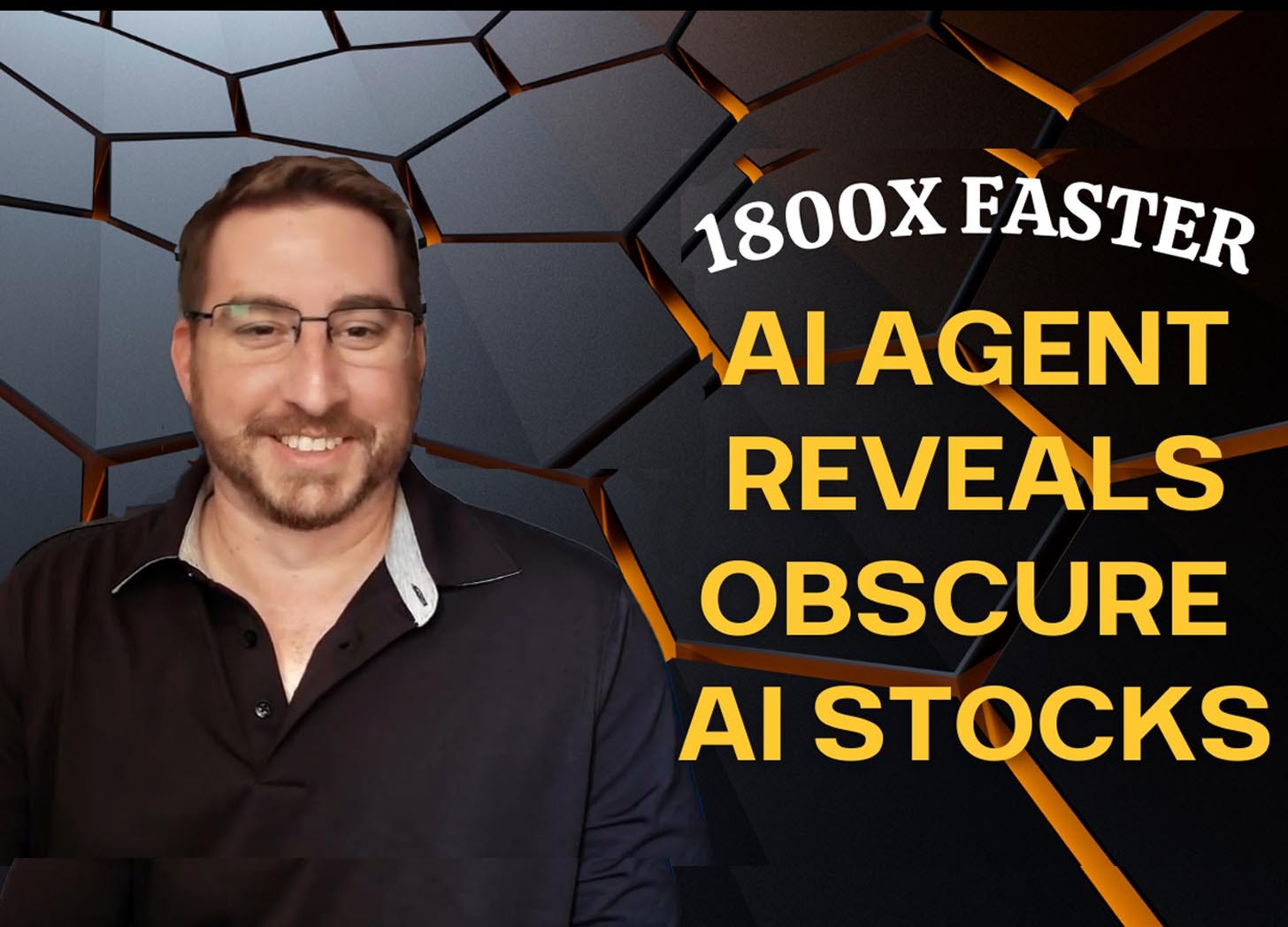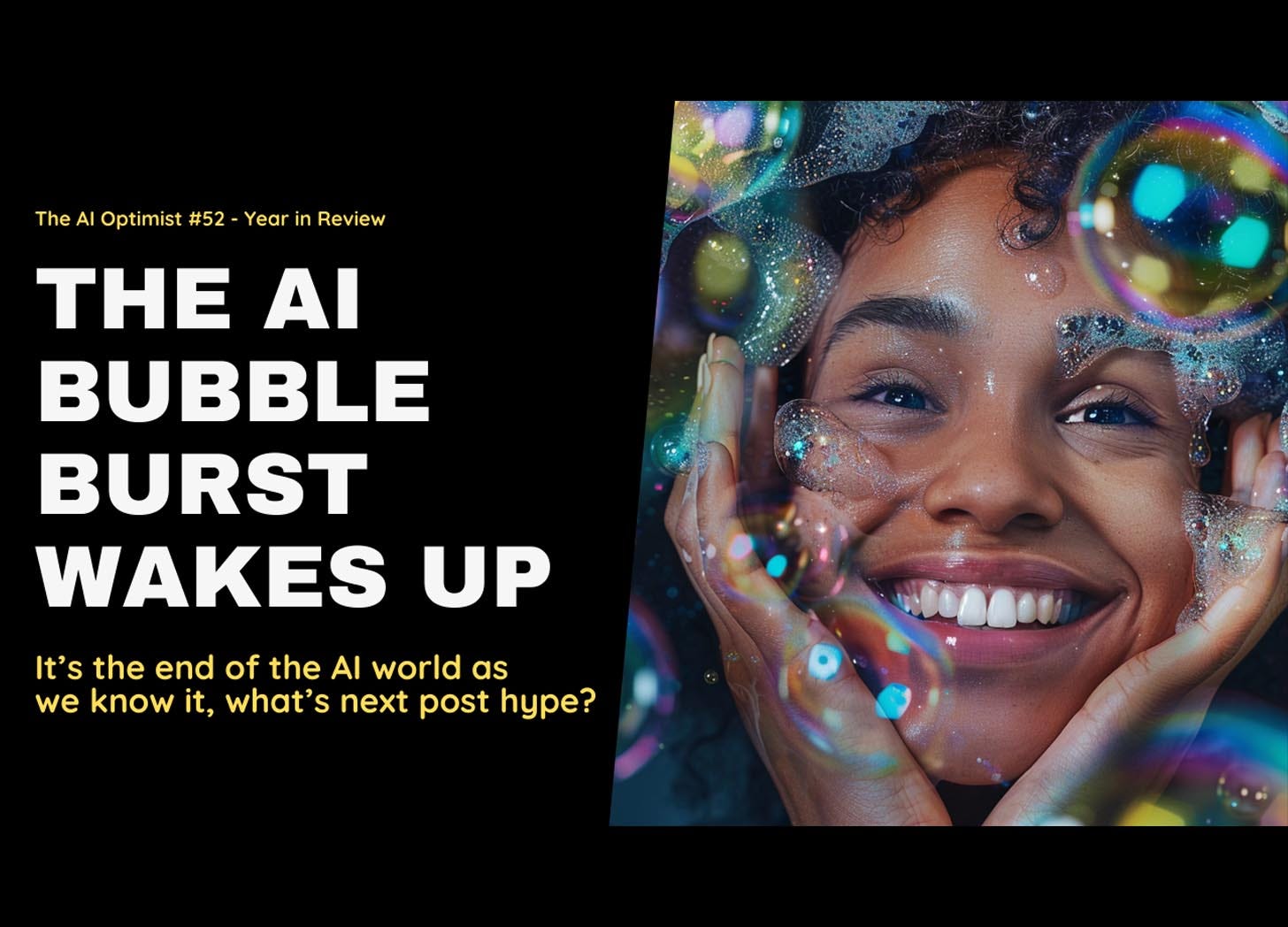AI Eats Software: Tiny AI Agents Easily Beat Big AI
Description
We're thinking about AI all wrong, and I'm going to tell you why.
While Silicon Valley buzzes about billion-dollar AI valuations and enterprises rush to "AI-enable" their legacy software, they're missing something fundamental:
AI isn't just another tool in the software stack – it's an entirely new platform making much of traditional software obsolete.
Think about this simple example I shared with my guest, Massoud Alibakhsh of Omadeus.
When you need to write an important email, which path do you take?
Do you:
A) Open Gmail, draft in Word, run it through Grammarly, then hit send?
OR
B) Have a conversation with ChatGPT, refine the message, and get it done?
This isn't just about convenience. It's about a fundamental shift in how we interact with technology, and it's happening right now.
The Problem With Today's AI Agent Approach
Here's what everyone's missing: we're forcing AI into a 40-year-old software approach built around files, folders, and applications – a model that digitized paper rather than reimagining human productivity.
Why do we still take the Steve Jobs 1980’s software approach? It's like we're trying to retrofit a rocket engine onto a horse and buggy.
As Massoud told me,
"The old way of creating software was basically automating physical forms, sticking them on the computer.
Now, in the age of AI, we need to rethink everything from first principles."
The real revolution isn't:
❌ Adding AI features to existing software
❌ Building AI "agents" to automate old workflows
❌ Layering intelligence on top of outdated systems
The real revolution is:
✅ Letting AI handle organization and communication natively
✅ Breaking free from the file/folder paradigm
✅ Building from the ground up with AI as the foundation
Part 1 of my interview with Omadeus
The Self-Aware X-ray: A New Way of Thinking
This isn't science fiction – it's happening now, and it's going to change everything about how we work.
When Massoud first described how an X-ray could become self-aware, I had that knee-jerk reaction many of us feel.
But what he shared next completely transformed my understanding of how AI should work.
"What if data was intelligent?" Massoud asked.
"What if the data itself had intelligence and autonomy?"
Instead of starting with workflow processes, Omadeus identifies critical entities in our environment and gives them intelligence and awareness. Take a hospital setting:
"We have patients, doctors, nurses, X-ray technicians. For every one of these stakeholders, there are different classes.
For that object, you create memory segments that deal with that class of data, including the conversations between these people."
The X-ray isn't just a file sitting in a database; it's an intelligent entity that knows:
- Who's allowed to access it
- What information to share with each stakeholder
- How to manage communications between different parties
- When and how to alert the right people
Tiny AI Agents: The Power of Focused Intelligence
Here's what really gets me excited: imagine if your spreadsheet could talk to your team.
If your code could tell you when it needs help. If your X-ray could ping doctors when needed.
This isn't science fiction – it's happening now.
"These agents not only know about themselves," Massoud explained, sharing one of their six patents,
"but they also know about their stakeholders and are responsible for managing communication between them.
When a doctor talks to a patient, that conversation goes into a different memory segment than when they talk to a technician."
But won't these autonomous AI agents become uncontrollable?
That's exactly what I asked Massoud. His answer revealed why tiny AI agents are actually safer and more efficient than the big AI models everyone's talking about.
Think about your body for a moment. As Massoud explained:
"Your liver cell cannot suddenly send a signal to your toe to generate pain.
It's completely constrained within the liver.
And all of the functions that it can perform are a set of algorithms constrained by the designer of your body, limited to that liver cell."
The Revolution of Tiny Language Models (TLMs)
This is where Tiny Language Models (TLMs) come in. Unlike massive AI models trying to do everything, these specialized agents are:
- Laser-focused on one specific task
- Deeply knowledgeable about their domain
- Constrained by design
- Naturally collaborative within their scope
"Initially, they're limited in terms of what they can do with availability of algorithms," Massoud explained.
"The behavior of these objects is intelligent behavior, but it's completely guardrailed by the developers and creators of the system."
Here's a practical example from their project management system:
"We have projects broken into sprints, and each sprint contains items we call nuggets.
If I'm doing a search, I can send that message to the project object, the project objects send that message to all the sprint objects.
The sprint objects send that message down to all the nugget objects."
Why the AI Industry Is Taking the Hard Way
I'm not afraid of AI. I'm afraid of what people will do with AI. All this hype about AGI and superintelligence - to me, it's all about control from the top down.
During my conversation with Massoud, something became crystal clear: we're approaching AI backwards.
Look at these AI agents that currently manage our tasks and to-dos - they're all based on a 40-plus year old approach to software and computing based on paper. Think about that for a minute.
Sure, automation improves efficiency. But what's the glaring problem we face as humans? It's organizing and communicating.
If we let AI handle these tasks instead of just automating an old software model, imagine how radical that would be.
Massoud shared a brilliant example of how this works in their project management system:
"We have projects and each project is broken into sprints, and each sprint contains these items that we call nuggets.
If I'm doing a search, I can actually send that message to the project object, the project objects send that message to all the sprint objects.
The sprint objects send that message down to all the nugget objects."
This isn't just theoretical - it's practical, efficient, and already working. As he explained,
"For example, raise your hand if you are overdue based on your deadline.
And so the ones who raise their hands quickly raise their hands, it bubbles up to the top and the project object comes.
Here's my list."
The zealots of AI love to say "game changer," yet they're playing the same old game.
We keep dreaming that AGI will take over, but there's very little proof that's even close to happening. And even if it does, why would we set it up that way?
The glaring problem we face as humans isn't just automation - it's organizing and communicating.
If we let AI handle these tasks instead of just automating an old software model, that's when things get interesting.
The Bottom-Up AI Revolution
What if we could approach this from the bottom up - starting with the files, the objects that we work with and try to organize and communicate with?
That's the real transformation happening right now.
The companies that understand this aren't building better software tools - they're building the next computing platform.
After speaking with Massoud and seeing their vision in action, I'm convinced: this isn't about big AI. It's about tiny AI agents and tiny language models that manage our work from the ground up.
That's why I've joined Omadeus as an advisor - because sometimes the best way forward isn't about making the old way better.
It's about building something entirely new.
The Future Is Already Here
Microsoft, Google, and Apple would love you to keep working the old way. But what if there's something better?
What if the future isn't about making old software smarter, but about creating truly intelligent systems from the ground up?
The question isn't whether to adapt to AI - it's whether we're ready to fundamentally rethink how we work with technology.
Are you ready to step out of the 1980s and into something truly new?
Remember, the real revolution isn't adding AI features to existing software.
It's letting AI handle organization and communication natively, breaking free from the file/folder paradigm, and building from the ground up with AI as the foundation.
This isn't just another tech trend.
It's a fundamental shift in how we interact with technology. And it's already happening.
Thanks for reading The AI Optimist! This post is public so feel free to share it.
This is a public episode. If you would like to discuss this with other subscribers or get access to bonus episodes, visit www.theaioptimist.com


